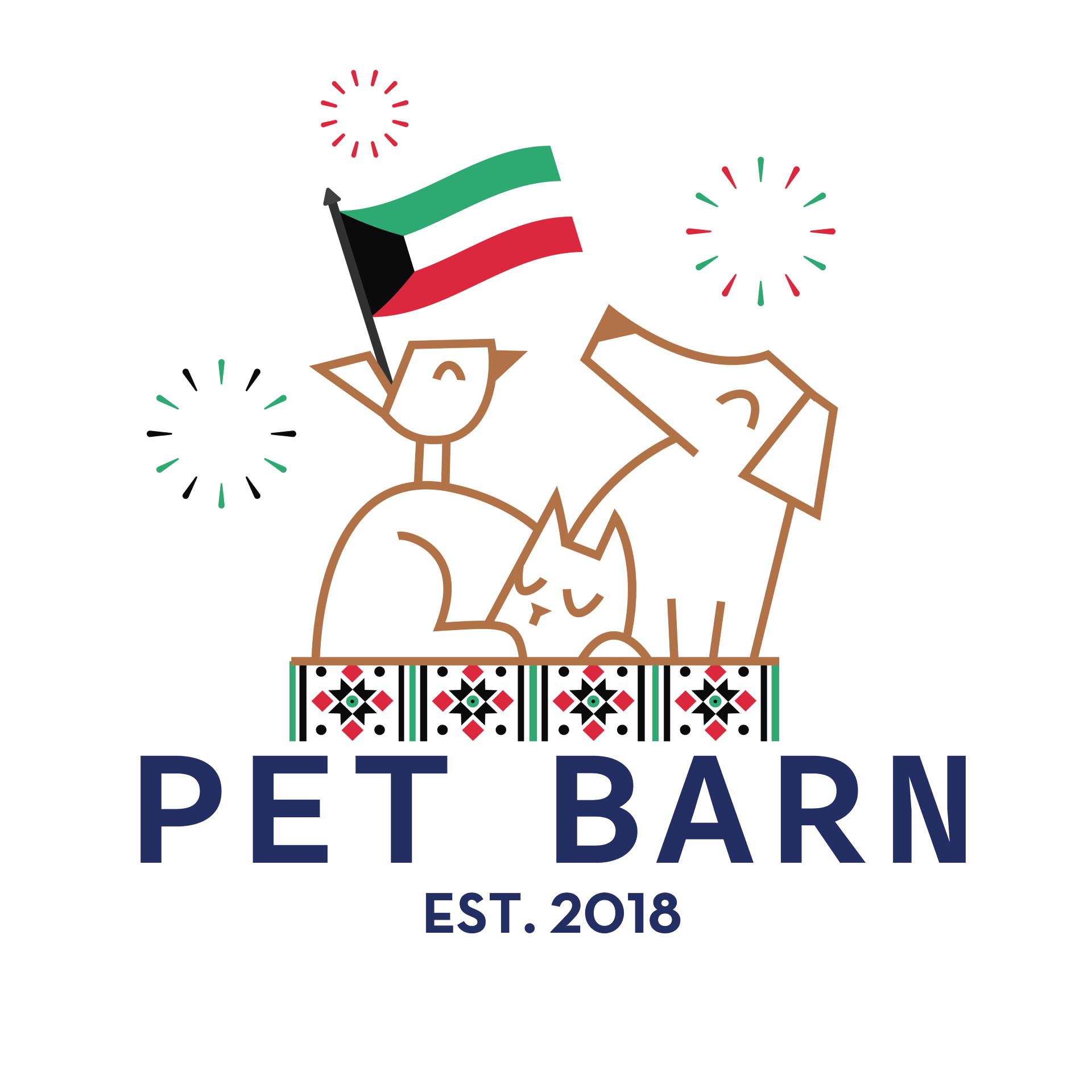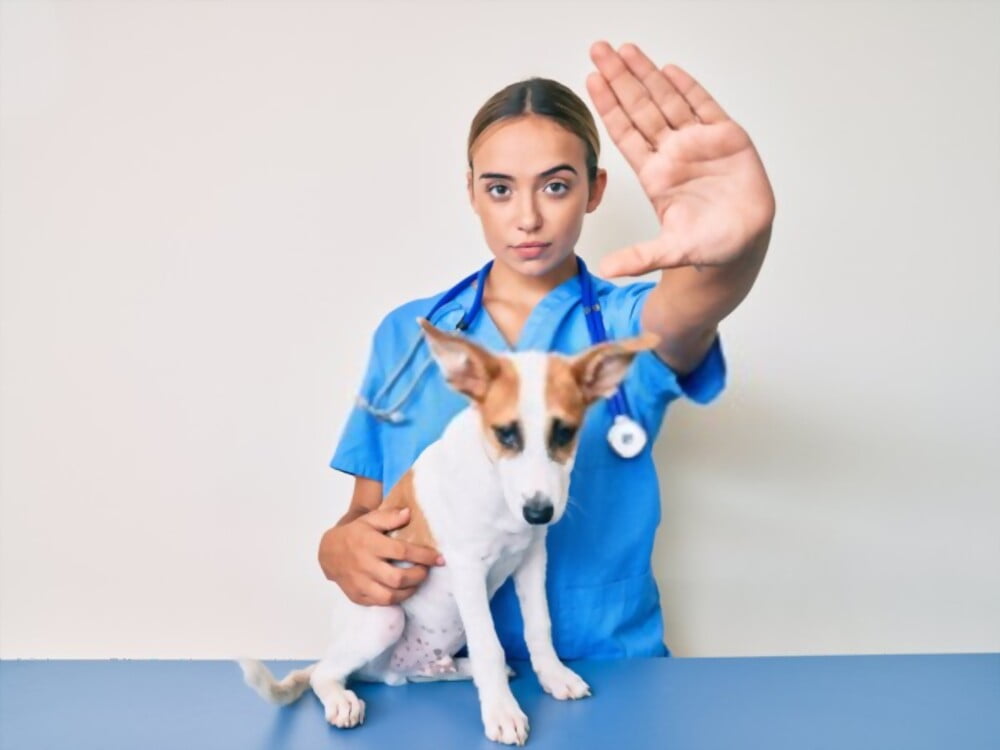Our pets are as susceptible to diseases as we are, probably even more. Humans can take better care of themselves. They are well aware of what they should eat and what they should not. They know the sources of health-threats from which they should stay away. Unfortunately, the case is not the same with our furry friends. They might accidentally harm themselves. To make things even worse, they are unable to tell us that they are not feeling okay. Because of that, we need to watch them very carefully to make sure that they are not exhibiting any worrying signs. If you are not sure which signs are worrying and which are not, this blog is sure to help you find out. In this blog, you will read about 5 signs never to ignore in your pet and some things you can do to help keep your pet healthy and happy.
5 Signs to Watch Out for
Some signs might be indicators of a serious medical condition. Because Pet Barn cares about your pet, we introduce several signs that you need to carefully attend to when you notice any in your pet.
- Excessive Thirst
It is normal for your pet to drink extra water if he is on some medications that cause them to be dehydrated. Hot summer weather is another reason for extra consumption of water. However, if you notice that your pet is drinking excessively for no apparent reason, it is time to check with your vet.
Some of the illnesses that can lead to excessive consumption of water are diabetes, Cushing’s disease, cancer, diarrhea, fever, infection, kidney diseases, and liver diseases.
- Odor Change
You might have heard it somewhere but it is true: a healthy pet does not stink. When you notice that your pet is emanating a bad odor, you need to consult with your pet. Here are several problems that can cause foul smell in your pet:
- A dental problem: The build-up of plaque and tartar on the pet’s teeth causes bad breath. Gingival Hyperplasia, the overgrowth of the gums that can harbor small bits of food, is another problem that can lead to bad breath.
- Ear infections: If your pet have healthy ears, they fight off bacteria. However, if he suffers from certain allergies, he might be prone to ear infections.
- Gas: Gas might be caused by your pet’s intolerance to a certain ingredient in their food. Yet, if the problem persists even after consulting with the vet and changing your pet’s diet, it might be an indication of another underlying medical problem.
- Atopy: Some allergies can cause inflammation of the skin. As a result, certain glands in the skin secrete excessive oil, producing a musty smell.
- Heavy Panting
When your dog or cat is running around, enjoying some playtime, it is normal for them to pant. However, if the panting is much heavier than usual and persists even while taking a break, it is an indicator of a problem. Your dog could be having a stroke, a heart failure, Cushing’s disease or some respiratory disorder. Heavy panting could also be a sign of food poisoning.
- Behavior Change
You have probably had your pet for a while. You know all about his nature, his likes and dislikes. You know that he prefers certain toys or games to others, and that he has a calm nature or an active social one. If your pet exhibits behaviors that are different from those you are familiar with for an extended period, he is trying to tell you that he is in pain. Behavioral changes can be the result of thyroid dysfunction in dogs, Hyperthyroidism in cats, or some other medical conditions such as pancreatitis, cancer, arthritis, parasites, skin allergy, heart disease or an injury.
- Excessive Drooling
Naturally, some breeds drool more than others. Nevertheless, if drooling becomes terribly excessive, it can be an indicator of an underlying health condition. It might be an indicator of oral and dental health problems, neurological problems or even consumption of something poisoning.
What to Do to Keep Your Pet Healthy
Though getting sick is normal for both pets and humans, there are certain steps that we need to follow to make sure that our pets remain healthy and happy.
- Proper nutrition is key to a healthy pet. Make sure that your pet is eating a healthy balanced diet and drinking fresh water. Quality foods and treats help your pet stay happy and healthy.
- Exercise is important. Walking, hiking, swimming, and playing are good forms of physical exercise. Some mental exercises such as tricks, hiding treats or building obstacle courses keep your pet engaged.
- Affection is essential. Just like us, pets need love and care. When you cuddle, pet or belly rub your pet, you are building a strong emotional bond with him or her and encouraging positive interaction with other animals and humans as well.
If you follow these tips, it becomes possible to avoid many diseases, so you prevent the occurrence of the aforementioned worrying signs
One Final Note
To emphasize the importance of regular visits to the vet, we left mentioning it until the end. An annual exam gives your veterinarian a chance to perform a variety of health screens, which help him detect diseases early and spot warning signs of serious illness. Yearly dental appointments are recommended to remove plaque and tartar buildup.
If your pet develops any of the signs discussed in this blog, check with your vet immediately. It will mean a lot for your pet. It might even save his life.
Our pets give us a lot of happiness but the poor ones cannot nag about it when they are experiencing pain or discomfort. It is our responsibility as pet parents to watch them closely and pay attention to any troubling signs.

